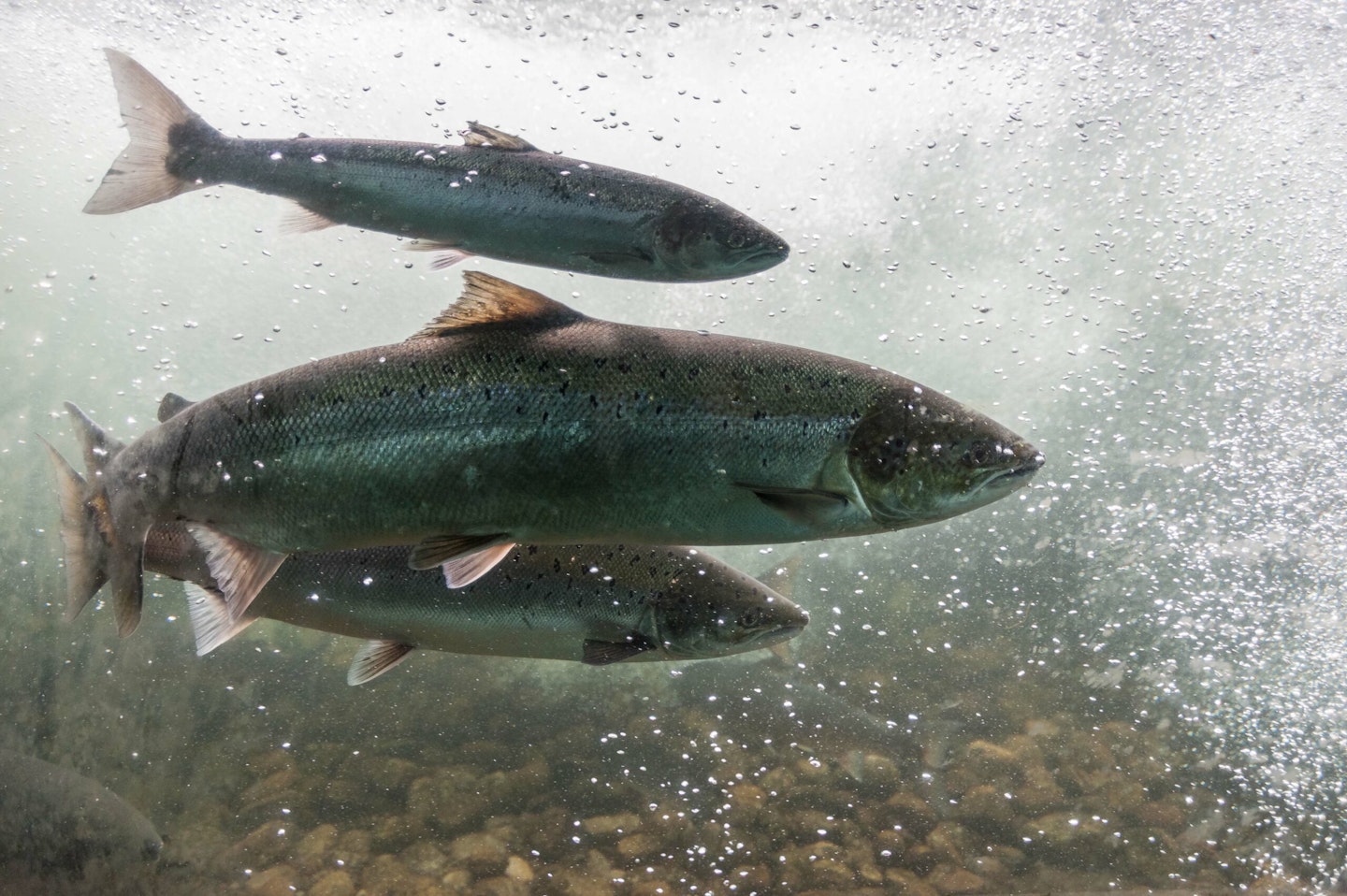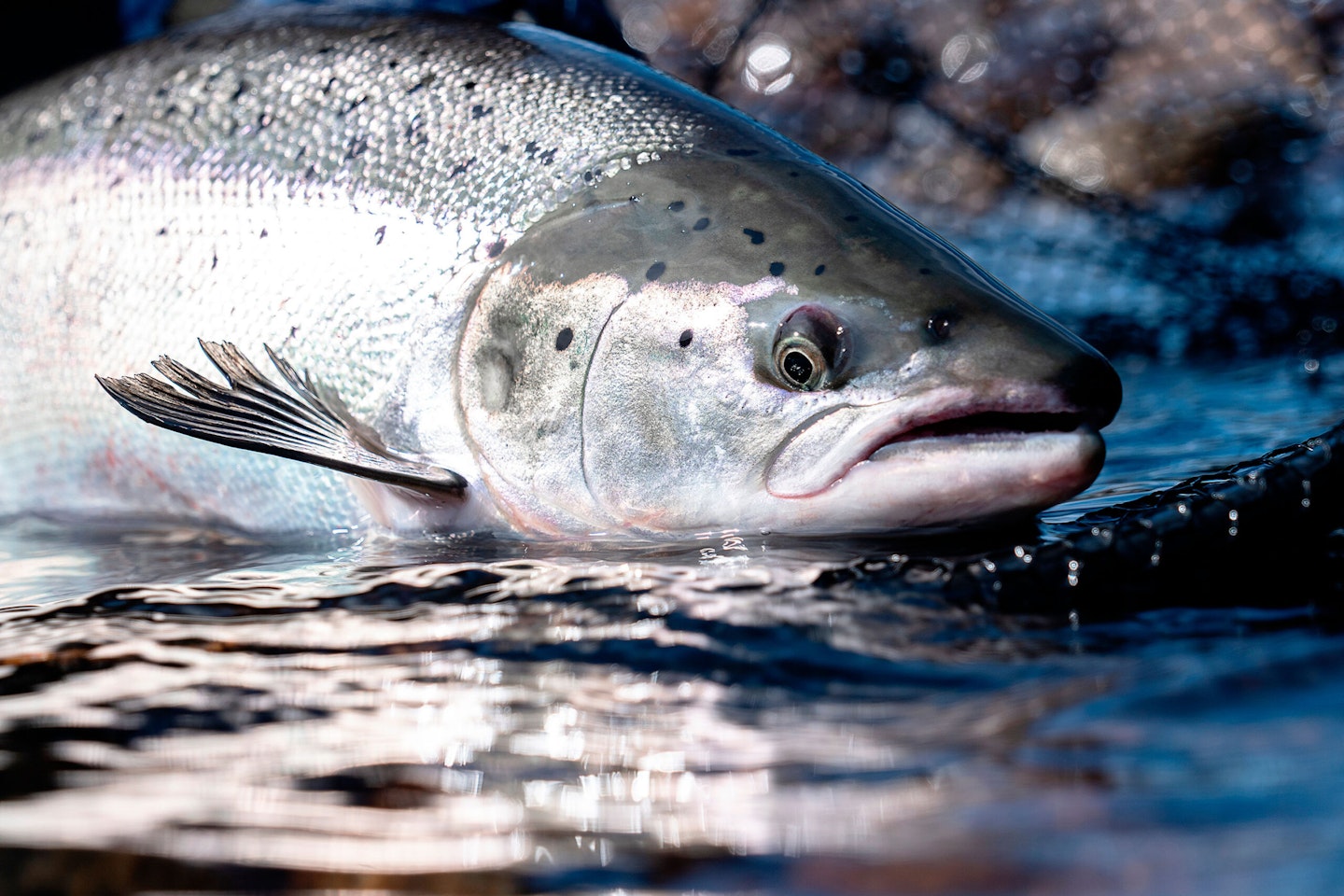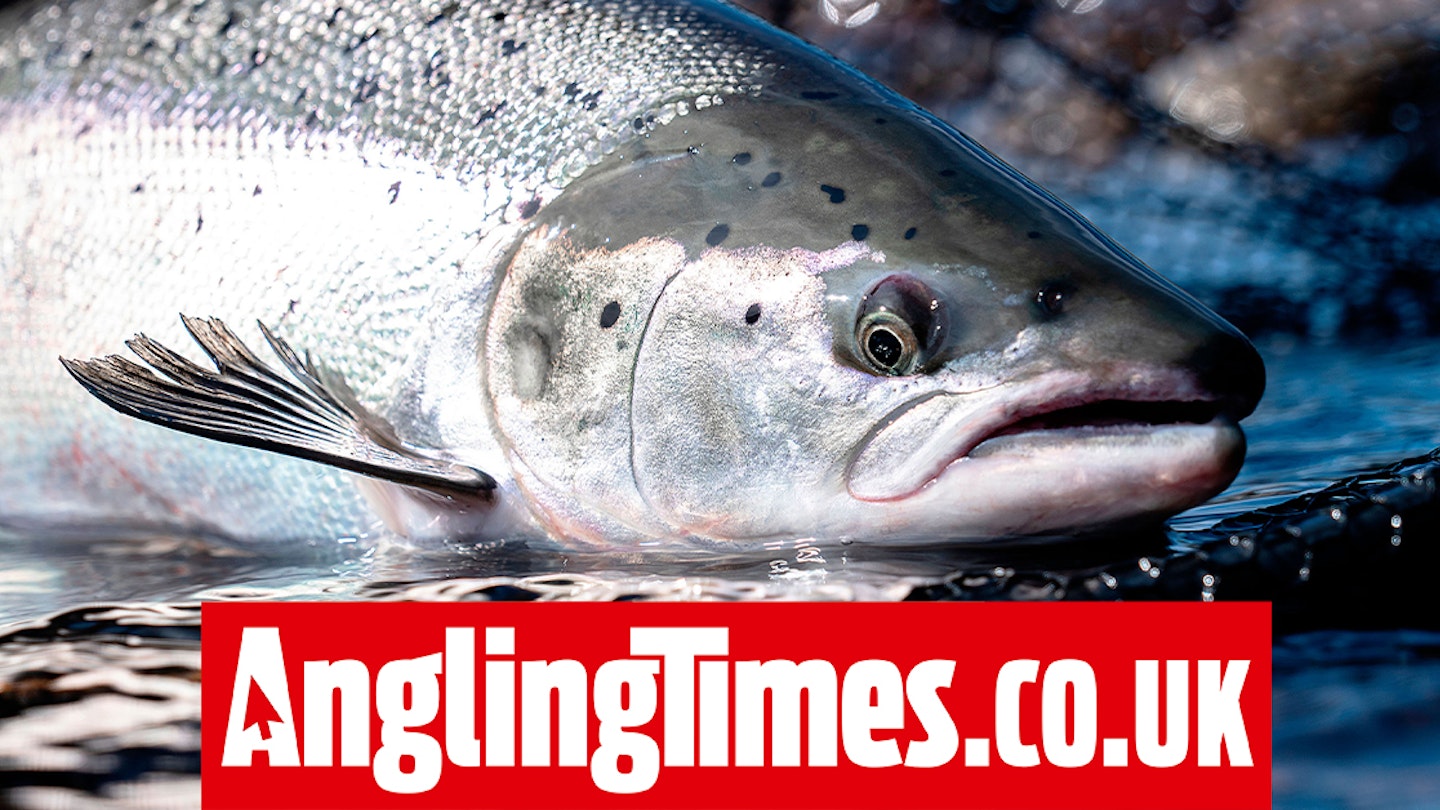Experts fear UK salmon fishing could be finished without serious action to prevent the iconic species’ decline. That’s the dire warning following the reclassification of Britain’s Atlantic salmon as “endangered” on the IUCN Red List of Threatened Species.
Once plentiful throughout the UK, stocks have been hammered by a range of factors in recent years, including river pollution, climate change, barriers to migration and threats from commercially farmed fish.
While angling and conservation bodies alike have expressed their alarm at the situation, however, experts point out that decline is not inevitable, but the direct result of human actions and governments' failure to protect wild salmon stocks, which are worth tens of millions in leisure and tourism revenue alone.
FIND OUT MORE ABOUT CITIZEN SCIENCE EFFORTS TO PROTECT UK RIVERS FROM POLLUTION.

“Put plainly, the UK is set to lose this iconic species first and before anywhere else unless urgent action is taken,” read a statement from campaign group WildFish.
“The reassessment indicates that the mechanisms to protect Atlantic salmon and the regulators responsible for their protection are failing both the species and the habitats on which they depend.”
Regulations in most of the UK now insist that most recreational angling is strictly catch and release.
Nevertheless, angling groups are already conscious that without better protection and healthier river habitats, the days of fishing for salmon with rod and line could already be numbered.
The news comes at the same time as the International Union for Nature Research declared that almost a quarter of all the world’s freshwater fish are at risk of extinction. Beyond the bleak headlines, however, the organisation also pointed to success stories that showed “the power of coordinated local, national and international conservation efforts”.

This page is a free example of the amazing content Angling Times Members get every single week. Becoming an Angling Times Member gives you access to award-winning magazine content, member rewards, our back issue archives, bonus content and more! Join our fishing community and find out more today!
